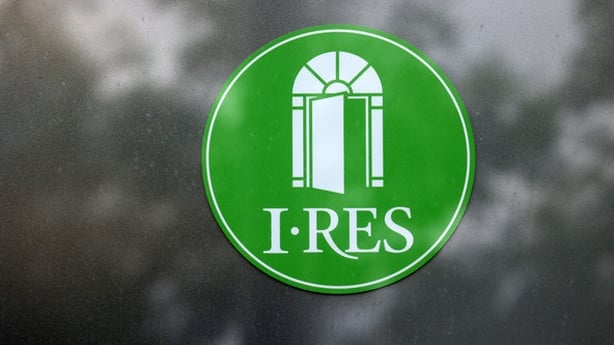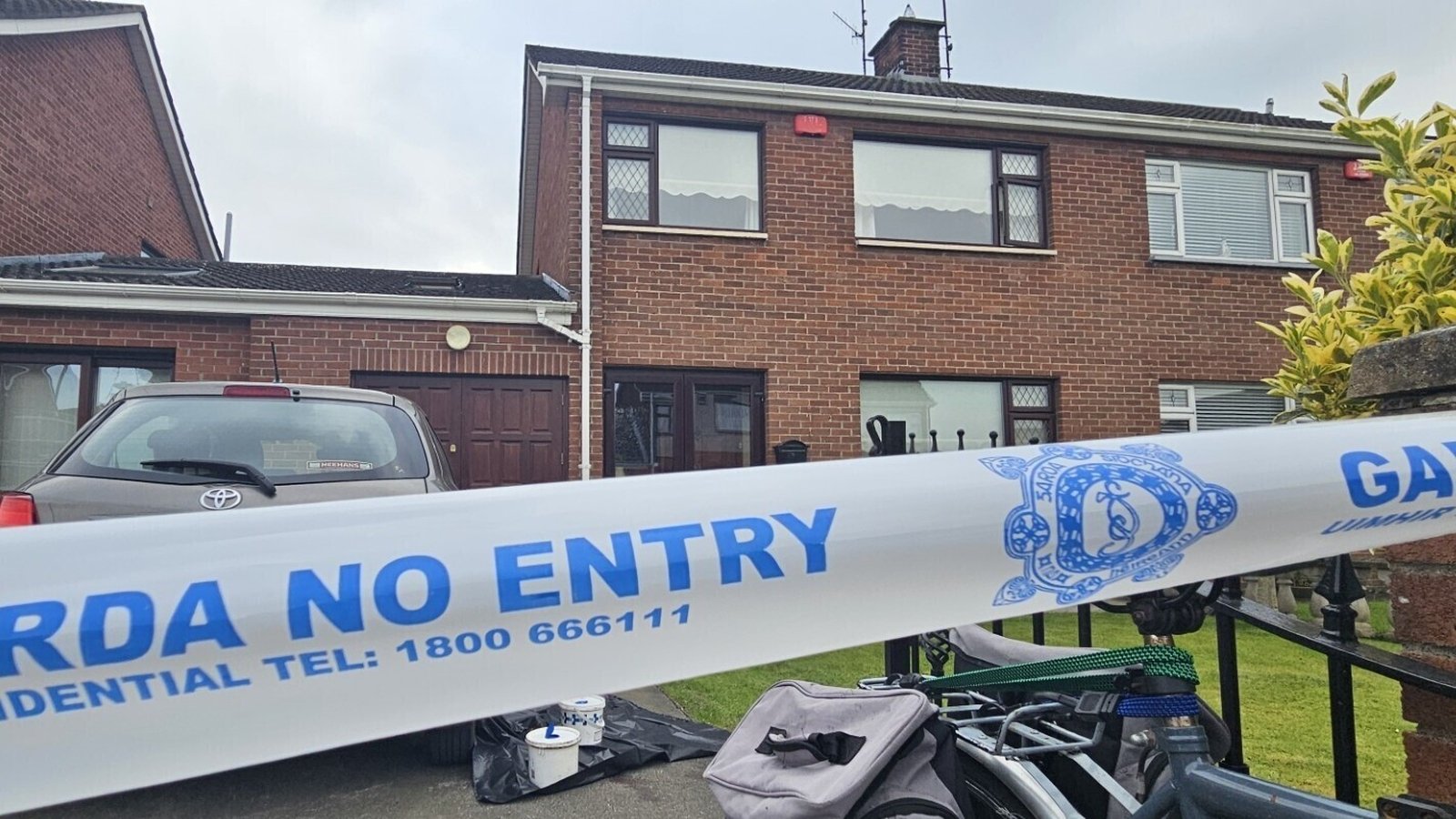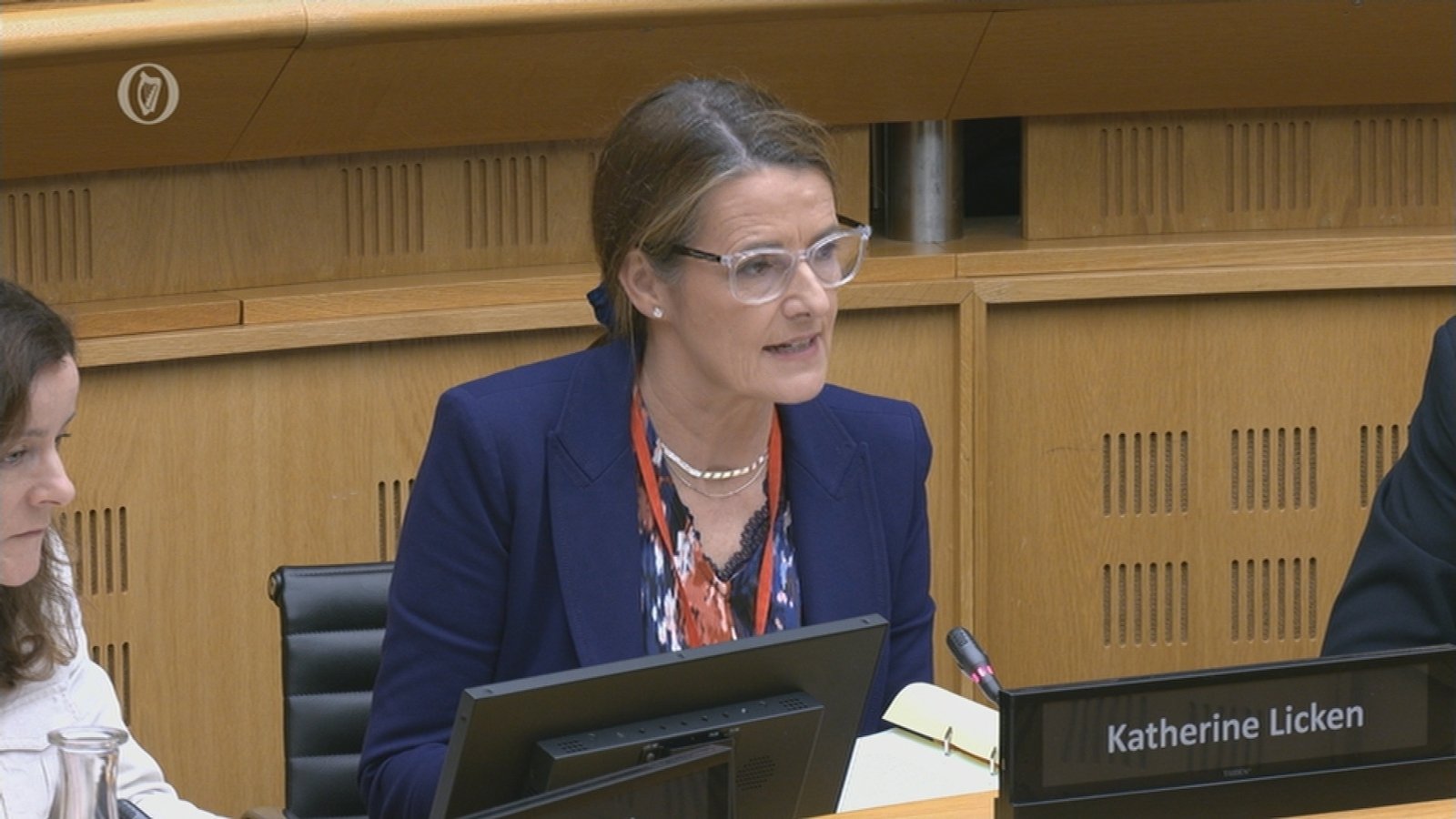The battle for control of I-RES REIT

For the second time in less than a year, the directors of Ireland’s largest private landlord are under intense pressure.
Following a showdown at last year’s annual general meeting, which they emerged from battered and bruised but ultimately victorious, those in charge of Irish Residential Properties REIT or I-RES REIT are facing a renewed challenge on Friday.
This time though the outcome is far less clear and what happens next could have implications, not only for I-RES and its shareholders, but also thousands of its tenants.
What is I-RES REIT?
I-RES’s origins date back to 2013 when, backed by Canadian property investment firm Capreit, it was founded and began buying multi-unit residential rental properties in Dublin.
A year later the business went public, floating shares on the Irish stock market in order to raise capital.
The €200m proceeds were ploughed into further residential rental assets at a time when it was able to take advantage of post financial crash bargain basement prices.
I-RES’s stated intent at the time was that it was taking a long-term view and that its portfolio would be held and managed in such a way as to provide sustainable and growing cash flows for shareholders.
It was set up as a REIT or Real Estate Investment Trust – a structure introduced by the Government in 2013 to help attract fresh investment capital into the property market, which at the time was on its knees.
REITs earn rental income from properties but are generally exempt from corporation tax on money earned from their property rental business only.
They are also generally exempt from capital gains tax on the disposal of assets of their property rental business.
Instead, tax is paid by shareholders who, by law, must get at least 85% of the annual property income and pay tax on it.

What does I-RES look like today?
In the decade that has passed, I-RES has grown significantly.
With 3,734 units under its control, it has become Ireland’s largest private landlord.
“It’s the last REIT standing now,” said Lorcan Sirr, lecturer in TU Dublin and currently visiting professor in the University of Galway.
“At this stage, it has just under 4,000 units rented, I think in about 40 blocks. 4,000 is quite a large number, given that the average number of properties owned by an Irish landlord is under two. So it has considerable weight and scale in the Irish market.”
But while its portfolio continued to increase steadily over that time (until last year when it sold some assets), the upward trajectory of its share price has been far less consistent.
It floated its shares at around €1 in 2014 and they later peaked in 2019 at €1.83.
Since then though they have taken a beating, hitting a low of 88c in October of last year, although since then they have rallied slightly to stand at €1.09 this week.
That means it is valued by the market at around €576m, even though on paper its properties are collectively estimated to be worth around €1.35bn.
And even when its debt of €575m is taken into account, its stock market value is still well below the actual book value of its assets.
Is that why some shareholders are unhappy?
Pretty much.
For some time, dissident shareholder Vision Capital, a Canadian based investor in property businesses, has been venting its dissatisfaction at the state of affairs.
It owns 5% of I-RES.
Last year, it said it was going to vote against the re-election of a number of I-RES directors, including its chairman, CEO and CFO, and other resolutions at the AGM and sought support from other shareholders too.
Ultimately, shareholders narrowly backed the re-election of the CEO and CFO and strongly defeated a special resolution around pay, in a clear sign of dissatisfaction with the pay policies at the business.
However, chairman Declan Moylan received 90% support for his re-election, while other directors targeted were also comfortably returned to the board.
Following the AGM, the company sold €100m in assets in order to reduce its debt and show the market it was acting on concerns.
But that has done little to boost the share price in any meaningful way and now Vision is back asking difficult questions again.
What does Vision Capital want?
Last December it said it was seeking to convene an extraordinary general meeting (EGM), as its views on the performance of the company had not changed since the AGM.
It said that at the EGM it would ask shareholders to vote on proposals to remove and replace five directors on the board, one of whom would become the new chair.
The activist also wants I-RES to consider, advance and implement strategic alternatives to “preserve and enhance overall shareholder value.”
It says it is dissatisfied with the overall management of I-RES under the current board and executive management team.
The continued poor share price performance, the discount relative to the market value of its assets, its “bloated” cost structure, the management of its balance sheet, the inefficiency and limitations of the REIT structure in Ireland, poor trading liquidity and the inability to effectively raise meaningful equity capital are also on its list of gripes.
“These challenges are hindering I-RES’ ability to contribute to much-needed supply in a significantly undersupplied Irish housing market,” it claimed.
Its special resolution, if passed, would require I-RES to proceed with a strategy that results in either the privatisation of I-RES or the sale of its assets either en bloc or over the course of two years.
“Vision’s core arguments come down to two fundamental points effectively,” explains John Cronin, financials and property research analyst at stockbrokers Goodbody.
“One is that the REIT structure is not an efficient or viable structure from the purposes of public equity investing.”
“Another kind of an extension of that argument that Vision has made is that the private markets are much larger in the case of real estate in comparison with the public markets, which is a distinctive feature of that asset class.”
“And for that reason, there should be a better bid for the assets as it were, or an ability to crystallise or have economic value properly achieved in the private markets”
“The proposal is effectively to over a two-year time frame, sell down the assets and effectively liquidate the company over that time frame.”
“Now, it is more nuanced and there are question marks around the ability to sell all of those assets over that particular time frame.”
Vision has suggested the Government could be a willing buyer of I-RES assets, but it has been reported that Government sources have indicated this is “very unlikely”.
“The problem there is of course these properties are all tenanted,” said Lorcan Sirr.
“I-RES have a 99% occupancy rate and tenants have protection under the law under the 2016 legislation.”
“So you could end up in a situation where the State would be looking at becoming a private landlord to many people on six figure salaries and the optics of that would not be good at all.”
Vision has also highlighted the fact that current CEO and director Margaret Sweeney will soon retire, making the matter even more urgent it claims.
But John Cronin said he is somewhat cynical about some of Vision’s arguments.
“I guess the cynicism I refer to is the nominee directors will clearly, if some or all are voted in by shareholders, will have to make a more informed assessment once they have access to the materials of the company.”
“And that view on the achievability of a widespread asset sale over a two-year time frame may yet be reexamined in that eventuality.”
And what has the response been from I-RES REIT?
Unsurprisingly, I-RES’s board is urging shareholders to vote against all of the resolutions.
It has warned that if Vision Capital succeeds, it would seriously risk the value inherent in the assets and the platform of I-RES “in forcing a risky and potentially value destructive approach that, while it might be in the interests of Vision, is not in the interests of shareholders as a whole.”
I-RES instead has promised it will initiate a comprehensive strategic review of its own after it has announced its results for 2023 this quarter, that will consider the full range of options for the company in order to maximise shareholder value.
“The options will include, but not be limited to, new strategic initiatives, consolidation, combinations, mergers or other corporate action, a review of the Company’s status as a listed REIT, the sale of the entire issued share capital of the Company, and selling the Company’s assets and returning value to Shareholders,” it stated.
John Cronin said I-RES has been very careful not to explicitly rule out the sale of the assets over time.
“But it has challenged Vision on various grounds, one of which is that this kind of idea of selling all the assets in two years needs closer examination and that a full suite of strategic options need to be assessed,” he said.
“The Board has committed to undertaking a strategic review – now arguably some would say somewhat reactively.”
“But nonetheless that commitment is there and that will examine the full suite of options, including the status quo, but as well as that various different structures with which to affect disposals of assets or indeed a sale of the issued share capital in the company.”
In its defence, I-RES’s board also says it continues to deliver on its strategy and there are therefore no grounds for an immediate change of its composition.
It claims Vision Capital wants to obtain control of the company without paying other shareholders a fair price for doing so, and this would also lead to a weakening of independent oversight.
I-RES’s directors also maintain that Vision has not articulated an alternative business or operational strategy, other than a liquidation or sale, which would be self-serving.
They maintain the existing board has a diverse and majority independent make-up and that it is best placed to carry out the strategic review.
What are the chance of Vision succeeding?
There has been a lot of noise from both sides, with increasingly lengthy and sharply worded claims and counter claims, since Vision Capital announced its intentions back in December.
It is far from clear though what the voting intentions of most of I-RES’s largest institutional shareholders are.
But we do know that Capreit, the I-RES founder, which today holds 18.5% of the company, is supporting Vision’s resolutions.
Vision has also claimed that it has received the support of several independent institutional and individual shareholders, without putting a figure on it.
We also know that two influential shareholder advisory firms, ISS and Glass Lewis, have both recommended that shareholders vote against Vision Capital’s proposals.
“The resolution to affect the sale of the assets over a two year time frame requires 75% of of shareholder support,” said John Cronin.
“That that seems unlikely to be achieved, but it is less clear as to whether some of the resolutions with respect to director replacements will be affected.”
“There is a possibility that that will happen.”
What would success for Vision or a sale of assets by I-RES mean for tenants?
While most of I-RES’s tenants are likely to be blissfully unaware of the challenge that their landlord is facing, it is possible they will soon find out.
If Vision Capital were to be successful, then it could mean that over the course of the next two years or longer, their landlord will change if the property assets are sold.
And even if Vision isn’t successful, then it is still possible they will end up with a new landlord if I-RES’s own strategic review determines the best future course of action would be to sell some or even all of its multi-unit developments.
But according to Lorcan Sirr, tenants don’t really need to be concerned.
“Under 2016 legislation, the tenants are protected,” he said.
“So, if a landlord goes to sell ten or more properties they can’t evict the tenants. So in theory – it’s called the Tyrrelstown amendment – in theory these tenants are protected and they can stay there for as long as they want.”
“However, there is a caveat in the legislation which says that if the landlord can prove that by having to sell the properties with the tenants in them, the value that they would get would drop by 20%, then they can evict the tenants.”





